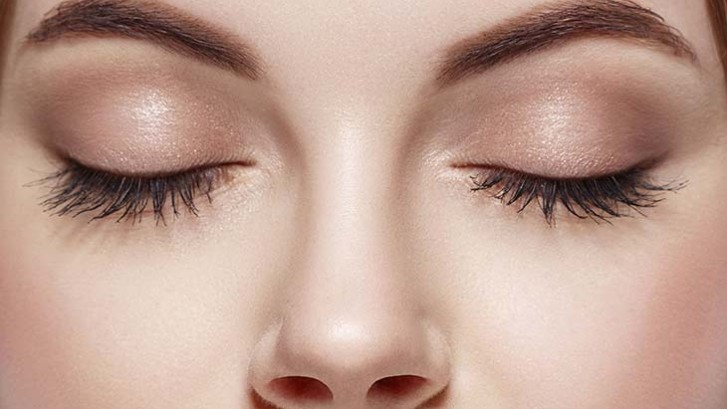Preparing for Your Rhinoplasty Surgery
You’ve finally done it. You’ve decided to get rhinoplasty surgery. Yet, you’re a little apprehensive because you aren’t sure what precautions you need to take before your surgery, and you have no idea what you need to account for when it comes to post-operative care.
Here’s what you need to know when it comes to taking care of yourself before and after rhinoplasty surgery.
Preparing for Rhinoplasty
Before scheduling your rhinoplasty surgery, it is important that you meet with your doctor to discuss important factors that determine whether the surgery is likely to work well for you. This consultation can normally include:
- Your medical history—your doctor will ask questions about your medical history, such as your history of nasal obstruction, surgeries, medications that you take, and if you have a bleeding disorder (i.e. hemophilia)
- A physical exam—your doctor will conduct a full medical exam, including any necessary laboratory tests. They will also examine your skin and the inside and outside of your nose. This physical exam will help your doctor determine what changes need to be made and how your physical features may affect your results. The exam is also crucial for determining the impact of rhinoplasty on your breathing.
- Photographs—pictures of your nose (from several different angles) may be taken in order for your doctor to manipulate those photos in order to show you the kind of results that are possible. Your doctor will also use these photos for before-and-after assessments, to reference during surgery, and for long-term reviews.
- A discussion of your expectations—your doctor will explain what rhinoplasty can and can’t do for you and what your results might be. It is important that you are open with your doctor about your desires and goals for surgery. That way, both of you will be on the same page.
The Countdown to Your Rhinoplasty
In the weeks prior to your surgery, you should begin taking precautions to make sure that your operation runs smoothly and that you’re prepared for your post-operative care. Here is a check list of things that you should do before your operation:
- Don’t take aspirin or anti-inflammatory medications
- Quit smoking two weeks before your surgery
- Obtain a copy of your doctor’s protocol
- Make arrangements for someone to drive you to and from your surgery
- Fill prescriptions (especially pain medications and antibiotics) before surgery
- Consider a pill case with a time chart for medications
- Purchase a thermometer, antibacterial soap, dressings, and gauze
- Set up your recovery area at home
- Black out windows so you can rest during the day
- Prepare icepacks
- Purchase moisturizers, scar reducing creams, and petroleum jelly for incisions (if open surgery)
- Purchase eye drops (eyes can be dry after any surgery)
- Consider a handheld shower head and bathroom chair
- On the day of surgery, wear loose clothing
- Follow your doctor’s directions carefully regarding medications, eating, and drinking
After Rhinoplasty Care
Since rhinoplasty is one of the most complicated forms of facial plastic surgery, it is extremely important that you follow your doctor’s post-operative instructions conscientiously. These instructions will also help minimize pain and discomfort during your recovery. Your doctor’s instructions can include:
- Stay hydrated
- Use cold compresses to reduce swelling
- Rest as often as possible
- Avoid strenuous activities and exercise
The first 24 hours after rhinoplasty surgery is often the most difficult part of the recovery period. During this time, you may experience some normal side effects, such as:
- Headaches
- Swelling
- Bruising
- Nosebleeds
It is important to note that, while nosebleeds are common (especially in the first 48 hours after surgery), you shouldn’t blow your nose as this can adversely affect the rhinoplasty results.
You should be able to return to work and a more normalized routine one week after receiving rhinoplasty. However, you will still have to be careful to avoid strenuous activities, waiting until two weeks after your surgery to participate in sports or return to weight lifting. You shouldn’t participate in any activity that may result in a blow to the nose for approximately eight weeks.
Consult with Dr. Binder
Before booking rhinoplasty surgery, you should consult with a qualified doctor. Book a consultation with Dr. Binder today. With years of experience in his field, he has the knowledge and know-how to help you make the right decision when it comes to your rhinoplasty needs.

